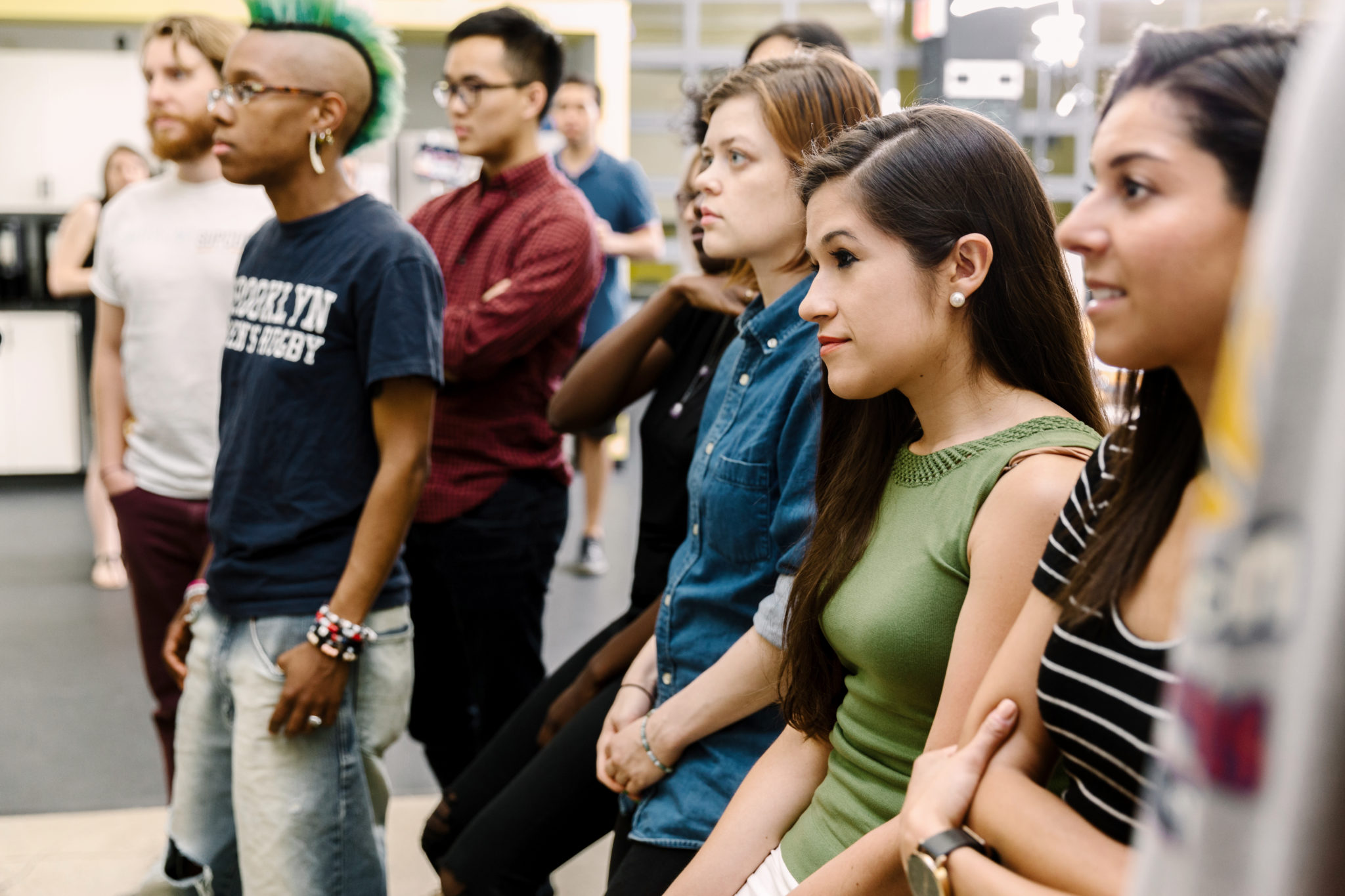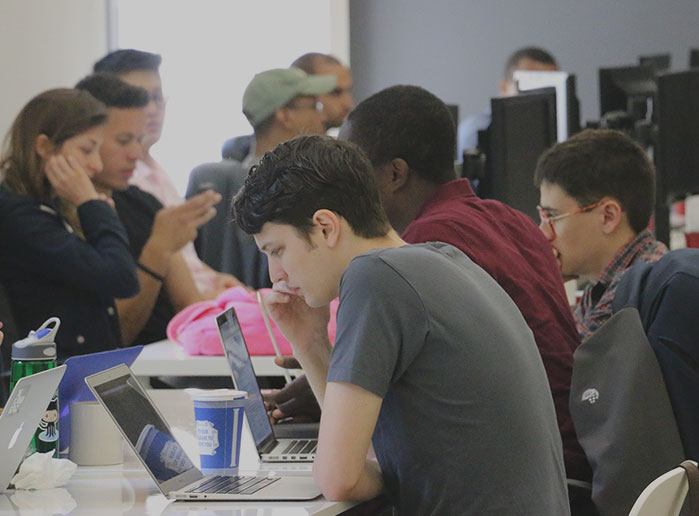Millennials are the most educated generation in US history. 61% of adult millennials attend college compared to 46% of the Baby Boomers. As a society we are investing more in higher education than ever. Yet while college used to hold the promise of a better life, today, only 20% of college students feel “very prepared” to enter the workforce. What we’re seeing is a disconnect between what we invest in traditional forms of education and what they deliver – and students are starting to notice.
At Flatiron School, we’re at the center of a change in how people think about education and careers. We conducted a survey of 768 respondents to better understand the impact of a college education on their careers, their desire to seek out further education to expand their career opportunities – and the barriers that may stand in their way.
We found three key shifts in how people think about education in the modern age.
1. Lifelong learning is becoming the new normal
Gone are the days when you go to college for four years straight, get a job, and work at the same company until you retire. With so much of our world now powered by technology, the rate of change in the workplace is rapid, and professionals in every industry need find ways to skill up throughout their careers.
The survey found that a college education alone doesn’t give grads confidence in their long-term professional growth – 65% of those who finished college believed that they might need or definitely need to obtain additional education in order to advance in their careers.
I believe we’ll see higher education expanding into more formats, providing shorter and more accessible ways for people to gain new skills throughout their careers. We’ll see companies invest more in educating their employees to keep them competitive as their jobs undoubtedly evolve.
2. A one-size-fits-all approach no longer works
To be clear, attending a traditional four-year college isn’t just about learning one specific skill. It’s an opportunity to explore your interests, develop as a human being, meet new people… maybe even do your own laundry for the first time.
But while that ephemeral type of development is important, it may not be worth the tremendous cost for every student. Given the rising tuition costs for higher education, enrolling in college can leave some people worse off; for students in the bottom 25th percentile, a college degree doesn’t actually translate into a higher salary.
Our survey found cost to be the top barrier preventing people from pursuing additional education – despite recognizing their professional need for more education. When it came to the idea of taking on loans, respondents felt burned by student debt and were hesitant to take on more – of those who previously took on student debt, 62% were negatively impacted in some way.
A one-size-fits-all, “college for everyone” approach isn’t working, and I believe we’ll see more students looking to explore whether high-quality career and technical education might be better for them.
3. Students are focused on outcomes above all
Again, for many students, college plays an important role in their personal development. But we still see getting a job as the key reason most college freshmen are pursuing a college degree. With the average student spending six years getting a degree and taking on $37,000 in debt – not to mention only 11% of business leaders perceiving college graduates to be ready for work – schools need to do a better job ensuring that students gain the skills necessary to actually launch a career that helps them pay down their debt.
Unsurprisingly, of survey respondents who did not attend or finish college, over 68% said they would return to school if it guaranteed a high-paying job upon graduation – one reason we’ve been obsessed with student outcomes here at Flatiron School from day one.
People are hungry to learn.
Perhaps the most heartening finding from the survey is that modern workers are hungry to learn – and confident in their ability to do it in pursuit of carers they’re passionate about. Over 80% of respondents reported that they feel “confident” or “very confident” in their ability to learn a new skill to advance or change their careers. Now it’s our job as an industry to make it easier, more accessible, and more effective for these people to get the education they need to fuel the next generation of companies.
Download Flatiron School’s Career and Education Survey
Written byADAM ENBAR
Co-Founder & CEO, Flatiron School

